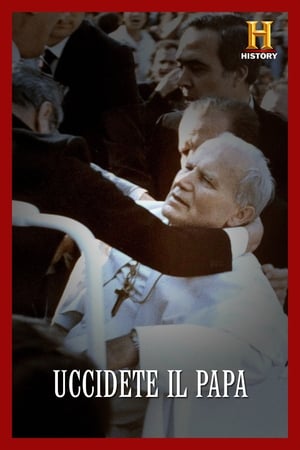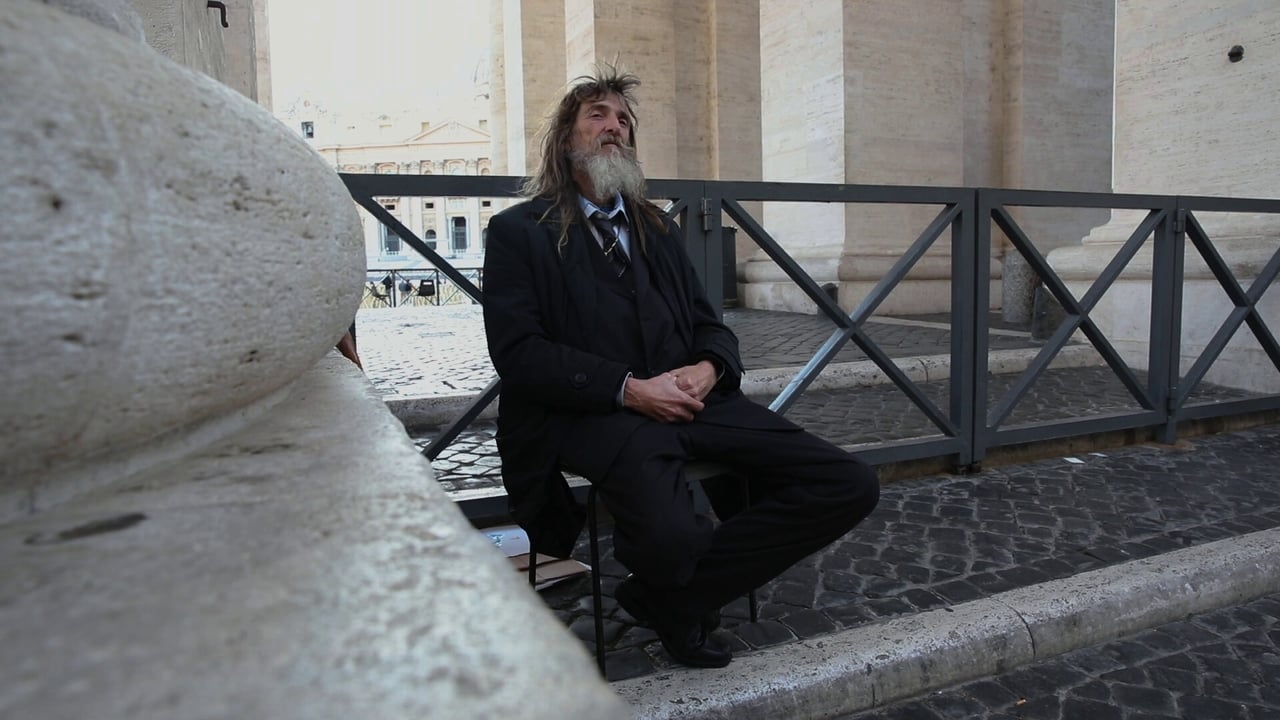
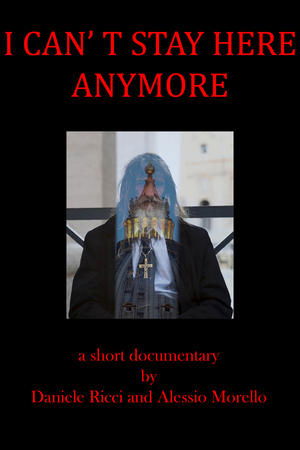
I can't stay here anymore(2019)
Jörg is one of the many homeless living near the Vatican. But there is something unusual about him: he appears and talks like a sort of holy man, prophesying, among other things, his next reincarnation as Jesus Christ. This transformation will enable him to drastically change the way things are on this Earth. However, beneath the delusions of omnipotence of a man fighting for glory and universal justice, we find a lonely and pained individual, frightened by the great mystery that awaits all of us.
Movie: I can't stay here anymore
Video Trailer I can't stay here anymore
Similar Movies
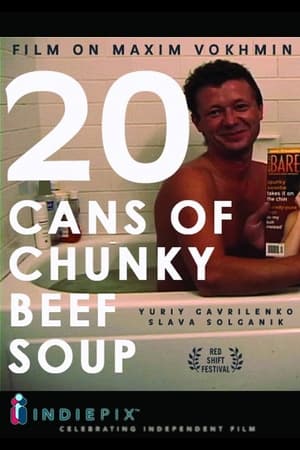 0.0
0.020 Cans of Chunky Beef Soup(ru)
Documentary tells the story of Maxim Vakhmin, a veritable alleycat of a man. Revered as both an angel and a devil, Maxim (once known as a successful artist in his native Russia) is losing friends and finding new ones as a homeless person in the USA.
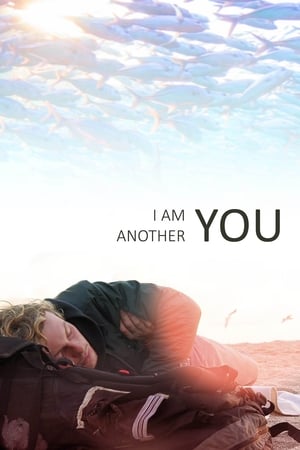 7.6
7.6I Am Another You(en)
Through the eyes of a young drifter who rejects society's rules and intentionally chooses to live on the streets, Chinese filmmaker Nanfu Wang explores the meaning of personal freedom – and its limits.
 7.4
7.449 Up(en)
49 Up is the seventh film in a series of landmark documentaries that began 42 years ago when UK-based Granada's World in Action team, inspired by the Jesuit maxim "Give me the child until he is seven and I will give you the man," interviewed a diverse group of seven-year-old children from all over England, asking them about their lives and their dreams for the future. Michael Apted, a researcher for the original film, has returned to interview the "children" every seven years since, at ages 14, 21, 28, 35, 42 and now again at age 49.In this latest chapter, more life-changing decisions are revealed, more shocking announcements made and more of the original group take part than ever before, speaking out on a variety of subjects including love, marriage, career, class and prejudice.
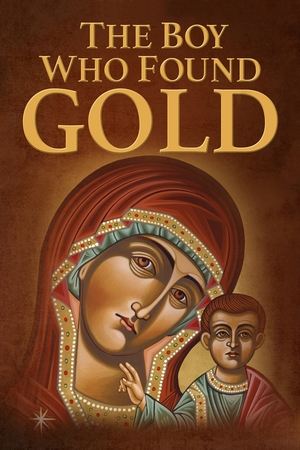 10.0
10.0The Boy Who Found Gold(en)
William Hart McNichols is a world renowned artist, heralded by Time magazine as "among the most famous creators of Christian iconic images in the world". As a young Catholic priest from 1983-1990 he was immersed in a life-altering journey working as a chaplain at St. Vincent's AIDS hospice in New York city. It was during this time that he became an early pioneer for LGBT rights within the Catholic church. "The Boy Who Found Gold" is a cinematic journey into the art and spirit of William Hart McNichols. The film follows his colorful life as he crosses paths with presidents, popes, martyrs, and parishioners, finding an insightful lesson with each encounter. McNichols' message as a priest, artist and man speaks to the most powerful element of the human spirit: Mercy.
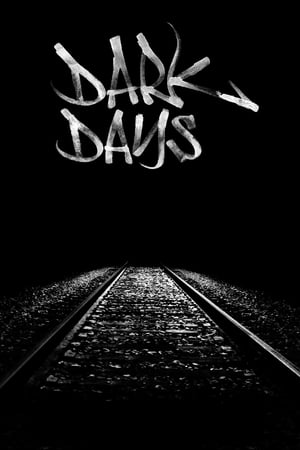 7.3
7.3Dark Days(en)
A cinematic portrait of the homeless population who live permanently in the underground tunnels of New York City.
 6.4
6.4Pope Pius XII and the Holocaust(de)
A portrait of Pope Pius XII (1876-1958), head of the Catholic Church from 1939 until his death, who, during World War II, and while European Jews were being exterminated by the Nazis, was accused of keeping a disconcerting and shameful silence.
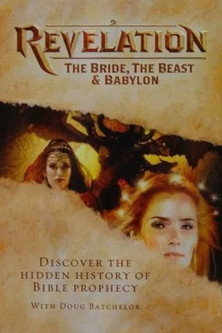 7.0
7.0Revelation - The Bride, The Beast & Babylon(en)
Going to the very heart of the Bible's most challenging Book, this one hour documentary decodes the visions of Revelation 12 and 17 for everyone to understand. Journeying from the birth of Christ through the Christian era, this amazing video pulls aside the veil of hidden history to reveal the rise of Babylon, the persecution of the bride of Christ, and the real-world identity of the beast. Educational and inspiring, Revelation delivers the keys to understanding the epic conflict between Christ and Satan and what it means for your life today.
Godspell 2025(en)
A documentary about the legendary 1972 Toronto production of the musical about the life of Jesus, which launched many illustrious careers and ignited a comedy revolution.
INRI - Warum musste Jesus sterben?(de)
This scenic documentary attempts to reconstruct the last days of Jesus Christ - from his arrival in Jerusalem to his death on the cross. But what is faith and what is historical? The narrative begins with the arrival of Jesus in Jerusalem with a small group of followers, continues with the scandal in the temple, the provocation of the Jewish rulers, the trial before the Roman prefect and the execution of the sentence.
 10.0
10.0Jesus Thirsts: The Miracle of the Eucharist(en)
Explores the Real Presence of Christ in the Eucharist through biblical origins, expert insights, and personal testimonies, revealing the Eucharist's transformative power for those who believe.
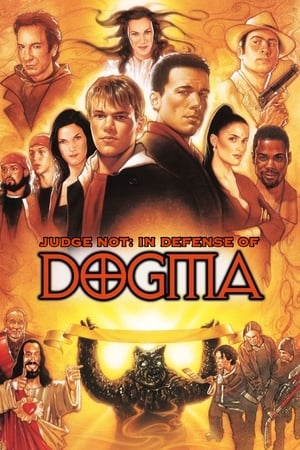 5.9
5.9Judge Not: In Defense of Dogma(en)
An in-depth look about the controversy surrounding Kevin Smith's "Dogma", and the effects it had on those involved in its production.
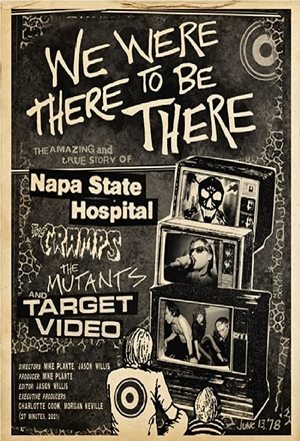 0.0
0.0We Were There to Be There(en)
On June 13, 1978, the punk bands the Cramps and the Mutants played a free show for psychiatric patients at the Napa State Hospital in California. We Were There to Be There chronicles the people, politics, and cultural currents that led to the show and its live recording.
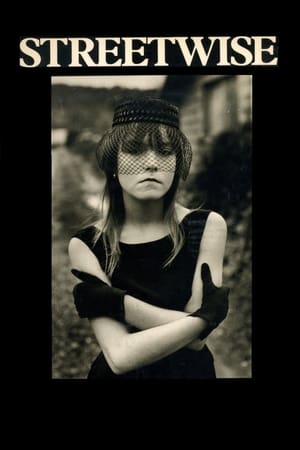 7.5
7.5Streetwise(en)
This documentary about teenagers living on the streets in Seattle began as a magazine article. The film follows nine teenagers who discuss how they live by panhandling, prostitution, and petty theft.
 6.3
6.3The Shelter(fr)
It is winter at an emergency shelter for the homeless in Lausanne. Every night at the door of this little-known basement facility the same entry ritual takes place, resulting in confrontations which can sometimes turn violent. Those on duty at the shelter have the difficult task of “triaging the poor”: the women and children first, then the men. Although the total capacity at the shelter is 100, only 50 “chosen ones” will be admitted inside and granted a warm meal and a bed. The others know it will be a long night.
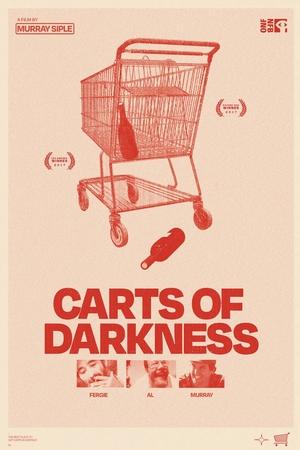 6.8
6.8Carts of Darkness(en)
In the picture-postcard community of North Vancouver, filmmaker Murray Siple follows men who have turned bottle-picking, their primary source of income, into the extreme sport of shopping cart racing. Enduring hardships from everyday life on the streets of Vancouver, this sub-culture depicts street life as much more than stereotypes portrayed in mainstream media. The films takes a deep look into the lives of the men who race carts, the adversity they face, and the appeal of cart racing despite the risk.
 7.8
7.8The Ornament of the World(en)
Filmed in Cordoba, Granada, Seville, and Toledo, this documentary retraces the 800-year period in medieval Spain when Muslims, Christians, and Jews forged a common cultural identity that frequently transcended their religious differences, revealing what made this rare and fruitful collaboration possible, and what ultimately tore it apart.
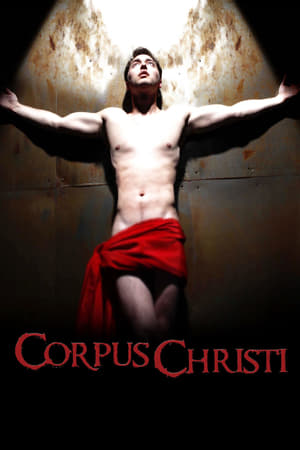 5.0
5.0Corpus Christi: Playing with Redemption(en)
Terrence McNally’s Corpus Christi is a play retelling the Jesus story, with Jesus as a gay man living in the 1950s in Corpus Christi, Texas. This documentary follows the troupe, playwright, and audience around the world on a five-year journey of Terrence McNally’s passion play, where voices of protest and support collide on one of the central issues facing the LGBT community: religion.
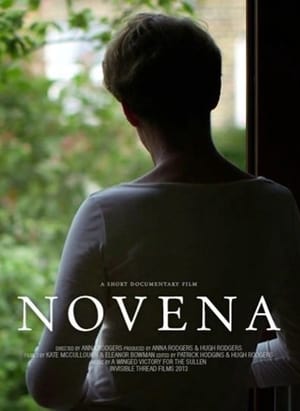 9.0
9.0Novena(en)
In 2012, Stephen Vaughan and Kay Ferreter are invited to address the congregation at St. Joseph's Redemptorists Church in Dundalk, Ireland for the Solemn Novena Festival. In a powerful speech, the pair describe their experiences being gay and lesbian in Ireland, feeling excluded by Catholic doctrine, and the importance of a more inclusive church.
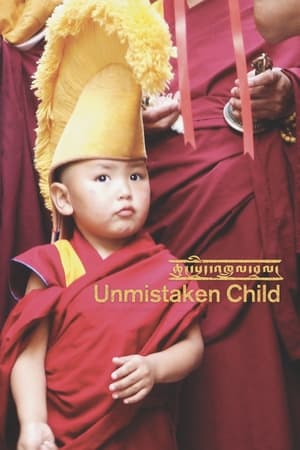 6.2
6.2Unmistaken Child(en)
In Nepal, a venerable monk, Geshe Lama Konchog, dies and one of his disciples, a youthful monk named Tenzin Zopa, searches for his master's reincarnation. The film follows his search to the Tsum Valley where he finds a young boy of the right age who uncannily responds to Konchog's possessions. Is this the reincarnation of the master? After the boy passes several tests, Tenzin takes him to meet the Dali Lama. Will the parents agree to let the boy go to the monastery, and, if so, how will the child respond? Central to the film is the relationship the child develops with Tenzin.

